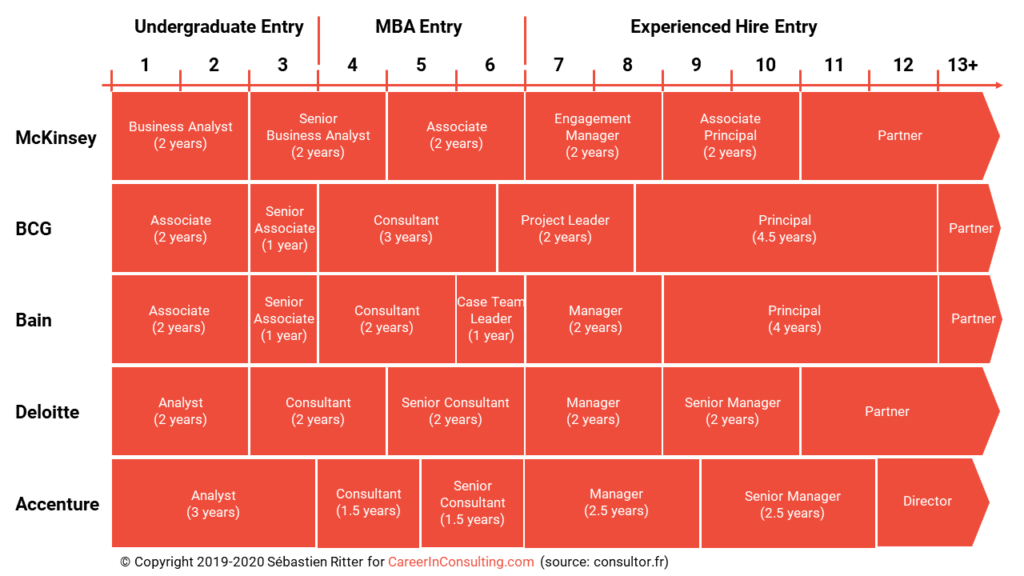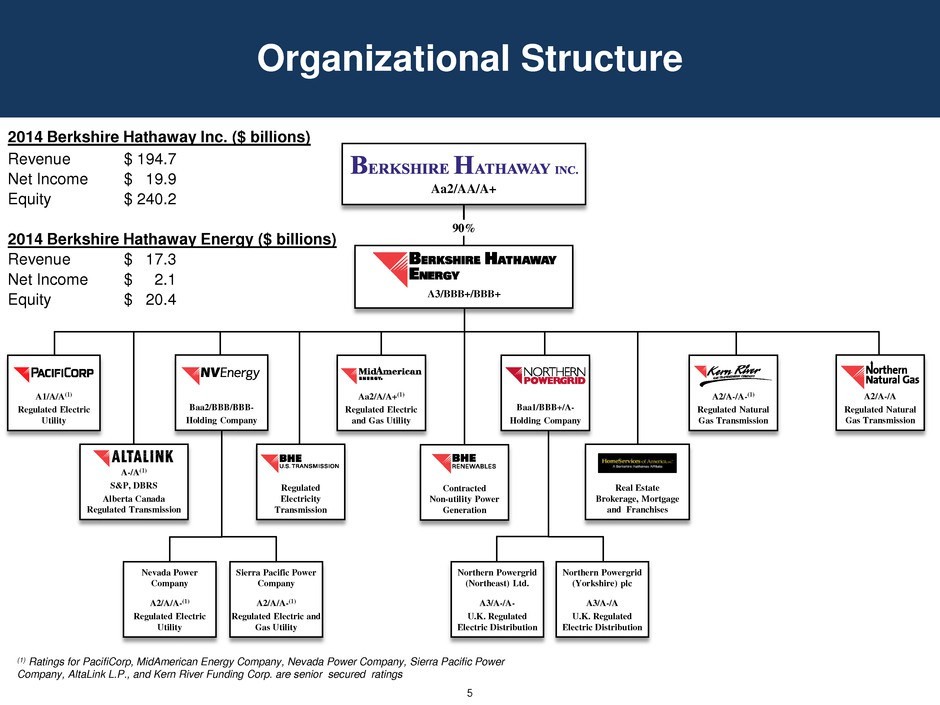
It is difficult to decide which entity is better for your business: an LLC, or an S Corp. Which is better for you? Both the most common business structures can be tax-efficient. In addition to that, you'll also want to think about the issue of Pass-through taxation and double taxation. Both these subjects will be addressed in this article. While you ultimately have to decide, you should consider the benefits and disadvantages of each entity.
llc vs s corp vs s corp vs s corp vs s corp vs s corp vs s corp vs s corp v
There are many differences between an LLC or an S Corp, and this article barely scratches the surface. No matter the structure of your business, it is vital to ensure that your business remains organized. Barrett McNagny can provide more information about the benefits and drawbacks of each entity. Before you decide which entity to go with, it's a good idea for your business to examine its needs and legal structure.

Understanding the differences between an LLC (or S Corp) and an LLC is crucial if you're starting a business. Operating as an Scorp can give tax benefits, while an LLC will protect you from personal liability. But, being an S corp means you have to follow extra regulations and restrictions in management. A LLC is best if you have more than 2 employees. An S Corp will have limited liability and a lot of tax and legal benefits.
An LLC is different from an S-corporation in that it can pay taxation. An LLC is treated the same as a partnership or sole proprietorship, but can also pay employment taxes. In addition, owners of S corporations can pay themselves a salary as long as the salary is reasonable. An LLC cannot make profits if it doesn't have employees. The cost of running an LLC can be higher than that of an S corporation.
Double or pass-through taxes
When it comes to taxes, LLCs and S corporations are often compared. Generally speaking, LLCs pay less tax than C-corps, but the differences aren't that big. An LLC can qualify to be taxed as either an S or C corporation, depending on its structure. Additionally, LLCs with multiple owners can choose to be taxed either as an S corporation or a C corporation. In this case, the LLC pays personal income tax on their members' profits. This structure has the greatest advantage: the owners of the company can claim the business revenue on the personal tax returns and take deductions for business income.

Another benefit to an LLC is its flexibility. S Corporations can enjoy the same legal protections of a C Corporation. However, LLC owners can opt to be taxed in the same way as C corporations. This way, they can save money on self-employment taxes while enjoying the pass-through taxation benefits of an LLC. You can also choose between an S-Corp or a C-Corporation depending on your needs and financial situation.
FAQ
What are the benefits of consulting?
Consultants have the ability to choose when and on what they work.
This means that you can work when you want and wherever you want.
It also means you can easily change your mind without worrying about losing money.
Finally, you can control your income and set your own schedule.
Why would you want to hire consultants?
There are many reasons why you might need to hire consultants:
-
A specific project or problem may be a challenge for your company.
-
You want to increase your skills and learn something new
-
You want to work closely with experts in a certain field
-
There is no one else available to handle the task
-
You feel overwhelmed with all the information you see and don’t know where it is.
-
You can't afford to pay someone full-time
A word of mouth referral is the best way you can find a competent consultant. Ask around to see if you know any good consultants. Ask someone you already know to recommend a consultant.
You can use online directories such as LinkedIn to find consultants in your local area.
How do I set up an LLC to consult?
First, you must decide what your goals are as a service provider. Then, make sure that you are qualified for these services. You might find someone who does the same thing you are interested in and learn from them.
Once you have an idea of the content you want, you can then determine where your target audience is. If there aren't enough of them, you may need to create them.
Then you need to decide whether you want to go into business for yourself or hire others to do it for you.
A license from the state could be required to start your own consulting business. However, this can take some time and require legal fees.
What qualifications do you need to become a consultant in order to get your degree?
You can become an expert in any subject by learning the subject thoroughly, then applying what you have learned.
So if you want to learn how to become a great consultant, start studying now!
It may be difficult to get hired if your degree is not accompanied by relevant work experience. If you have demonstrated that you have studied the same subjects as those who received the jobs, then you may still be eligible to apply.
But remember, employers will always look for candidates with real-world expertise.
What is the difference?
An advisor gives information on a topic. A consultant provides solutions to problems.
To help clients achieve their goals, a consultant works directly with them. Advisors advise clients indirectly via books, magazines, lectures and seminars, etc.
What is the real value of consulting?
Consulting is more than a job that allows you to quickly make money.
Consulting offers various opportunities from project management, business development, strategy, training, and leadership roles. Projects could include small start-ups or large international corporations.
Consulting provides you with the opportunity to develop and hone your skills, as well as gain experience within a range of industries. This could be learning to manage people, write proposals and manage budgets, analyze data and create presentations, or conduct market research.
How much do consultants make?
Although some consultants can make more than $100k annually, the majority of consultants earn between $25-$50k. The average salary for a consultant is $39,000. This includes both salaried and hourly consultants.
Salary depends on industry, experience, location, and type of contract (contractor vs employee). Also, whether the consultant is located in their office or remote.
Statistics
- "From there, I told them my rates were going up 25%, this is the new hourly rate, and every single one of them said 'done, fine.' (nerdwallet.com)
- Over 50% of consultants get their first consulting client through a referral from their network. (consultingsuccess.com)
- According to statistics from the ONS, the UK has around 300,000 consultants, of which around 63,000 professionals work as management consultants. (consultancy.uk)
- On average, your program increases the sales team's performance by 33%. (consultingsuccess.com)
- My 10 years of experience and 6-step program have helped over 20 clients boost their sales by an average of 33% in 6 months. (consultingsuccess.com)
External Links
How To
What should I do to get started with a consulting business?
Start a Consulting Company to make some extra money from home. You don't need any previous business experience or investment capital. It is possible to create a website to launch your consulting business. After you have built a website, social media platforms such Instagram, Pinterest and LinkedIn will be useful to spread the word about your services.
With these tools, you can put together a marketing plan that includes things like:
-
Create content (blogs).
-
Building relationships (contacts)
-
Generating leads (lead generation forms).
-
Selling products online
Once you have created your marketing strategy you will need to find clients that will pay for it. While some prefer to network through events and networking groups, others prefer to use online tools like Craigslist or Kijiji. It's up to you to make the decision.
Once you have a new client, you need to discuss terms. These could be hourly fees, retainer arrangements, flat-fee contracts, or other types of fees. It is important to clearly communicate with clients before you accept them as clients.
Hourly agreements are the most common contract type for consultancy services. This agreement allows you to agree to provide services at a fixed price each week or month. You may be eligible to negotiate a discount, depending on the service that you offer. It is important to understand the terms of any contract you sign before you sign it.
Next, create invoices. Send them to your clients. Invoicing can be a complicated task until you actually attempt it. There are many different ways to invoice your clients, depending on your preferences. Some people prefer to email their invoices directly, while others prefer to mail them hard copies. Whatever your preferred method, make sure it works well for you.
Once you have created invoices, it is time to collect the payments. PayPal is popular because it is easy to use, offers several payment options, and most people prefer it. Other payment processors, like Square Cash or Google Wallet, Square Cash or Apple Pay, Venmo and Venmo are also available.
Once you are ready to start collecting payments, it is time to open bank accounts. Separate checking and savings accounts allow you to keep track of income and expenses separately. When paying bills, it is also beneficial to set up automatic transfer into your bank account.
While starting a consultancy company may seem daunting, once you master the basics, it becomes easy to manage. For more information on starting a consultancy business, check out our blog post here.
You can make extra money by starting a consulting company without worrying about staff. Consultants can work remotely so they don't have the hassle of dealing with office politics and long working hours. Because you don't have to work a set number of hours per week, you can be more flexible than a traditional employee.